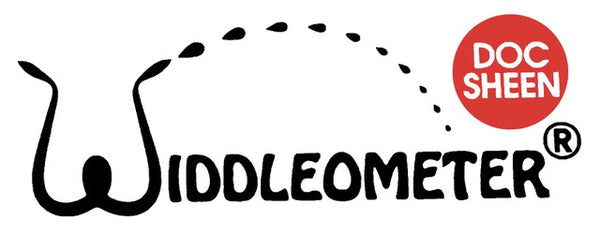Testosterone is the male hormone produced in the testes. Its production begins in the teenage years, causing the changes in the voice, the need to shave, development of bones and muscles, skin changes, production of sperm and a rise in sex drive, the libido.
Testosterone is also present in women. It is produced in small amounts by the adrenal gland. The difference between men and women is the oestrogen/testosterone balance; men have a small amount of oestrogen with a large amount of testosterone, and in women it is the other way around.
Since 1960, life expectancy has increased by about 12 years. With an increase in life expectancy, there are a few downsides, as each part of our body needs to keep its function and sometimes they need a bit of help. The testicles are no different, the production of testosterone starts decreasing at about 40, by about 1% a year.
The effect of this is based somewhat on science but personal circumstances are also important. My personal view is that a low testosterone level is one of the factors to be considered in assessing how men feel, their mood and their general enjoyment of life
Some common signs and symptoms of low testosterone include:
- Reduction in bone and muscle mass
- Increase in body fat
- Decrease in energy levels and libido
- Reduction in testicle size and amount of sperm
- Difficult obtaining an erection
- Difficulty sleeping
- Changes in moods, or mood swings
A low level of testosterone should be investigated. Generally men with a “satisfactory level” and, this is the majority, need to consider their testosterone results as part and parcel of their whole life experience.
I am always concerned that men will become fixated on their testosterone level and blame this for all their moods and problems, particularly their sex drive, when there are so many other factors: one’s enjoyment of work, friends and involvement in community are all positive factors in a full life.
So, what you do you do about your testosterone level?
Check it’s in the normal range. Have a really good talk with your doctor before considering testosterone treatment.
There are testosterone sprays, rub-on gels, tablets and injections but remember it is something that can be abused.
Taking testosterone just to build up muscles may have a positive effect on muscles, but the side effects can be lifelong; and any short-term gain in body image could also mean a lifelong problem.
The testicles have a clever mechanism for their testosterone production. If there is lots of testosterone in the body, the testicles stop production of testosterone. They shrink and fertility is adversely affected. In some cases, these side effects cannot be reversed, even if testosterone medication is stopped.
Having a blood test for testosterone is certainly something to be considered and you may wish to discuss with your doctor when having your regular medical check-ups – you are having them aren’t you?
Dr Adrian Sheen
Inventor of the WIDDLEOMETER® which is an “early warning system” for your prostate and bladder health.
W: widdleometer.com

